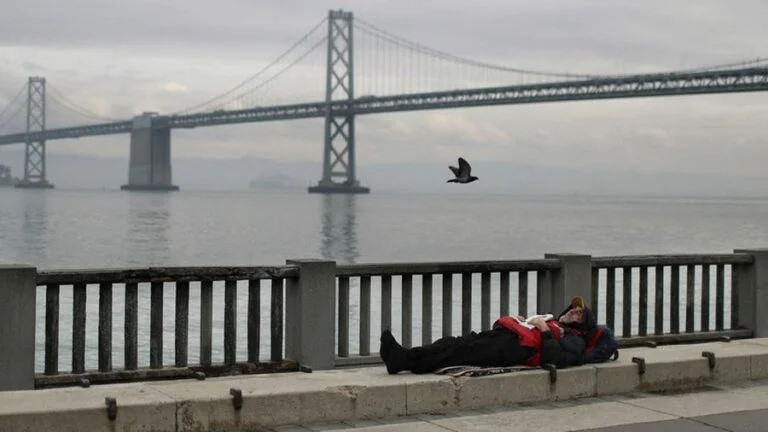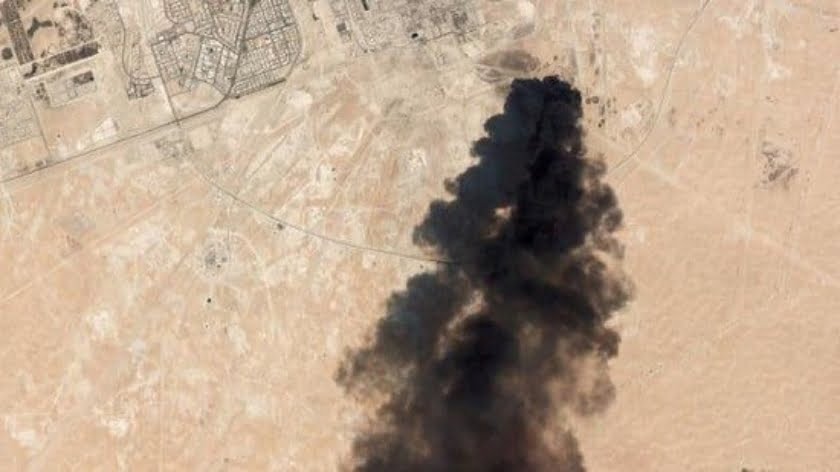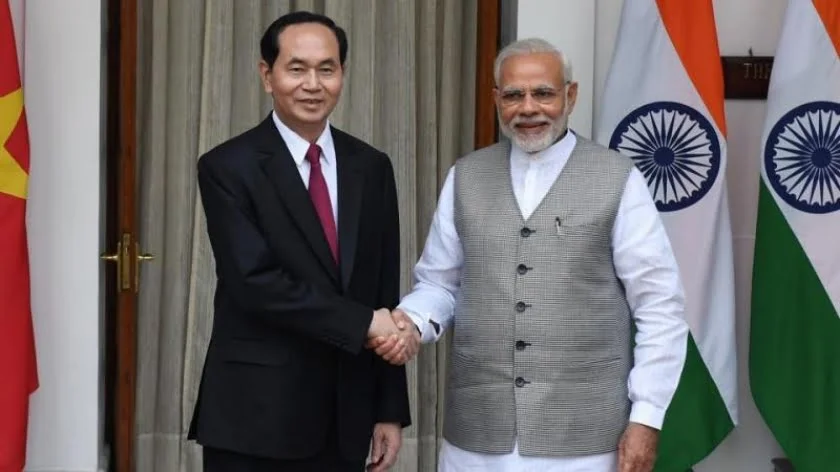China Pakistan Relations Enter New Phase
Chinese, Saudi and Turkish troops for the first time joined the Pakistan Day parade in Islamabad on March 23 – a momentous event, especially in the Pakistan-China bilateral relations. Pakistan Day commemorates March 23, 1940, when a resolution was passed to demand the establishment of a separate homeland to protect Muslims in the then British colony of India.
Over the past decade, China has emerged as an increasingly important ally for Pakistan, both economically and militarily, with Pakistan concerned both by its weakening ties with the US and what it sees as the threat from its neighbor India.
Pakistan and China are involved in large-scale economic cooperation. The $57 billion China-Pakistan Economic Corridor (CPEC) is a Beijing-funded collection of various infrastructure and energy projects. A network of road, rail and pipelines will connect Xinjiang in far-western China to Pakistan’s Arabian Sea port of Gwadar. The project includes the establishment of special economic zones. The CPEC became partly operational on November 13, 2016, when Chinese cargo was transported overland to Gwadar Port for onward maritime shipment to West Asia and Africa.
Chinese naval ships will be anchored at Gwadar to safeguard the port and trade under the CPEC. A special squadron of four to six ships would be deployed, comprising both Chinese and Pakistani navies. Chinese Marines will be stationed to the area.

Gwadar is situated on the Arabian Sea, just 180 nautical miles (330 kilometres) from the Strait of Hormuz, through which a third of the world’s oil supply passes. The port offers a prime location to monitor shipping passing through the Strait of Hormuz from the Persian Gulf, as well as access to cheap land routes or Middle East trade through Pakistan into western China and Central Asia. The Chinese Navy will operate in the Arabian Sea to the African coast and the Gulf. Gwadar offers a shorter route to western China – via the recently expanded Karakoram highway across Gilgit-Baltistan in northern Pakistan – and an alternative route to vulnerable sea lanes through the Strait of Malacca.
Earlier this month the Pakistan army announced it would use the Chinese-built LY-80 surface-to-air missile system. Beijing has also agreed to supply up to eight new submarines to the Pakistan navy by 2028, half of which will be built in Karachi.
Last year, China’s military and Pakistan’s border police force carried out the first joint patrol along their shared border. It took place right after India deployed over 100 T-72 tanks in Ladakh to counter China’s military buildup along the disputed border.
This month, General Qamar Javed Bajwa, the Pakistan’s new army chief, visited China to hold talks with General Fang Fenghui, chief of the Joint Staff Department under the Central Military Commission. The agenda included China’s authorization to Pakistan to produce ballistic missiles, cruise missiles, anti-aircraft missiles, anti-ship missiles and main battle tanks on Pakistani soil.
China plans to step up military cooperation with Pakistan to produce multi-role combat aircraft, including the mass production of FC-1 Xiaolong (called JF-17 Thunder in Pakistan), a lightweight and multi-role combat warplane developed jointly by the two countries. The parties discussed the ways to ensure the safety of the CPEC and agreed to enhance anti-terrorism cooperation, including operations against terrorist groups.
Pakistan’s military is willing to deepen cooperation with the Chinese army and support the Quadrilateral Cooperation and Coordination Mechanism in Counter Terrorism by Afghanistan-China-Pakistan-Tajikistan Armed Forces.
The two states appear to be moving from close military cooperation to forming a strategic alliance, causing concern in India, which has a long story of wars and tensions with both China and Pakistan. Delhi and Islamabad dispute the state of Kashmir – a hot spot that can explode anytime. Cross-border terrorism is a burning issue which deteriorates the relations.
Conflicts between these states, all friendly to Russia, are the last thing Moscow wants. Tensions in the region run contrary to its interests. Unlike the US, Moscow has no plans to “contain China” – its partner. Russia is an old friend of India. It enjoys friendly relations with Pakistan. This unique position makes it perfectly fit to play the role of mediator.
The Shanghai Cooperation Organization (SCO) is expected to officially embrace India and Pakistan as full members at its upcoming summit to be held this June in Astana. Both nations were admitted as observers in 2005. Now China, India and Pakistan will have a new place to smooth out their differences and Russia will do its best to achieve the goal within the framework of the Organization. After both nations become SCO members, Russia will have a new opportunity to apply an effort aimed at helping them prevent future conflicts and improve relations. It has a historic precedent. It was the Soviet Union who successfully mediated in 1966 between India and Pakistan to end the second Indo-Pakistani war.
Last June, Russian President Vladimir Putin put forward a proposal to create a more extensive Eurasian partnership on the basis of the Eurasian Economic Union (EEU) that would involve China, India, Pakistan, Iran and a number of Community of Independent States (CIS) countries among others willing to join. The President was speaking at the plenary session of the 2016 Saint Petersburg International Economic Forum.
In 2016, China, Russia and Mongolia officially signed plans to build an economic corridor. The initiative is synergized with the Eurasian Economic Union. Its implementation would deepen relations and cooperation between the EEU and China.
The negotiations on next steps of a Free Trade Agreement (FTA) between India and the Eurasian Union were launched in July 2016; India aims to bolster commerce and investments with the Union’s member states and hopes to complete the FTA by early 2017.
Pakistan is interested in signing a free trade agreement with the EEU.
The countries of South-East Asia show interest in cooperation with the SCO on economic matters. Cooperation between the EEU and the SCO could be a prelude to the formation of a large-scale Eurasian partnership.
Russia, India, China and Pakistan are great powers that bear the responsibility for peace and stability in Asia. They should all rise to the occasion. Russia intends to have good political dialogue, trade, and deep military cooperation with China, India and Pakistan. Moscow does not take sides. It has a balanced vision of the region.
By Alex Gorka
Source: Strategic Culture







